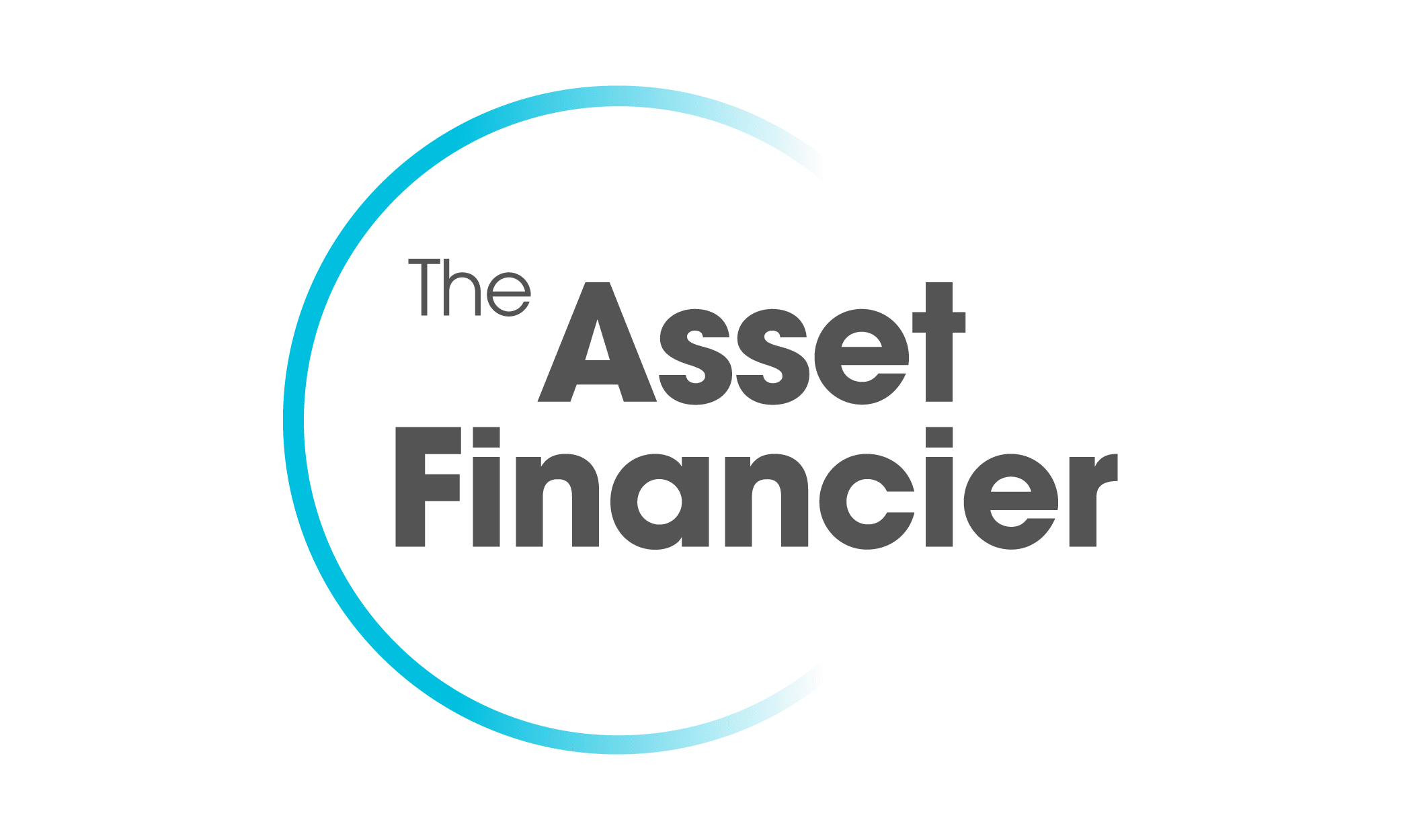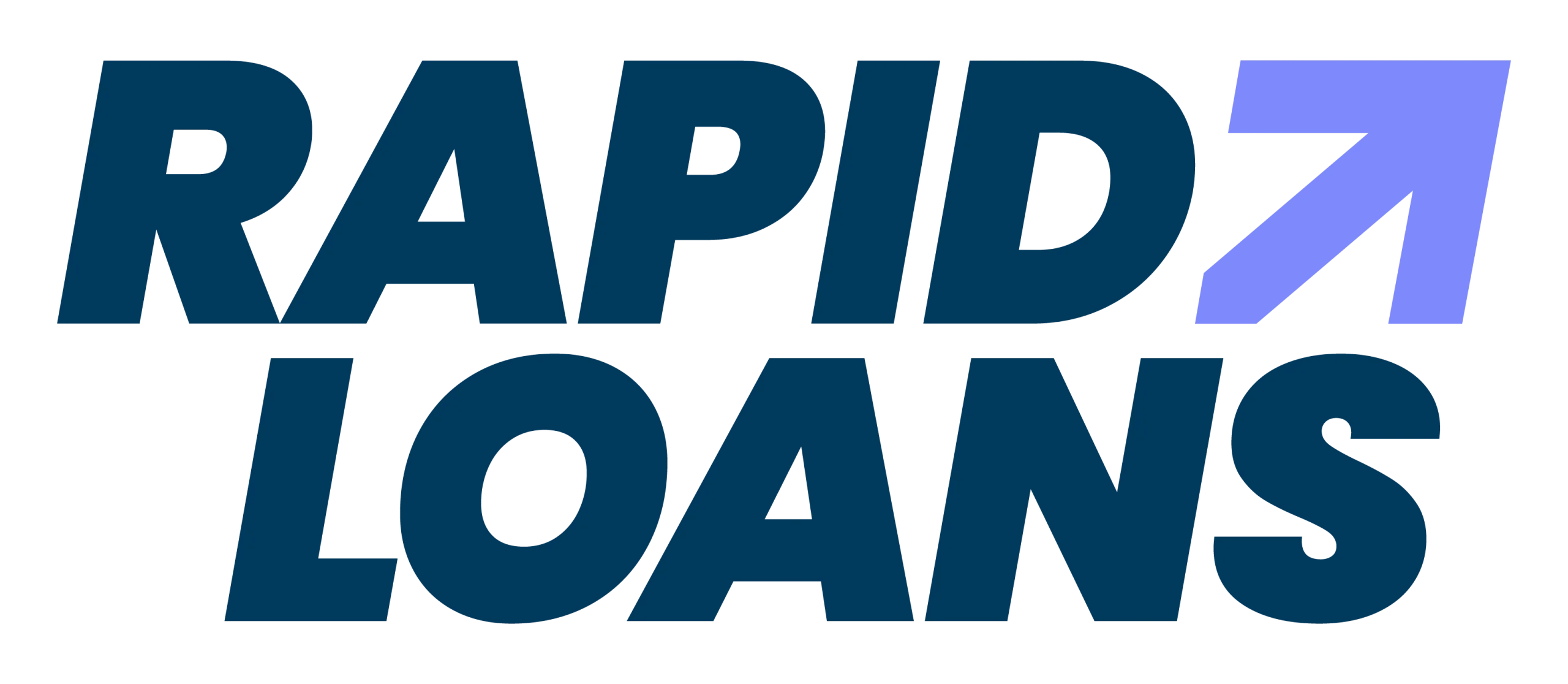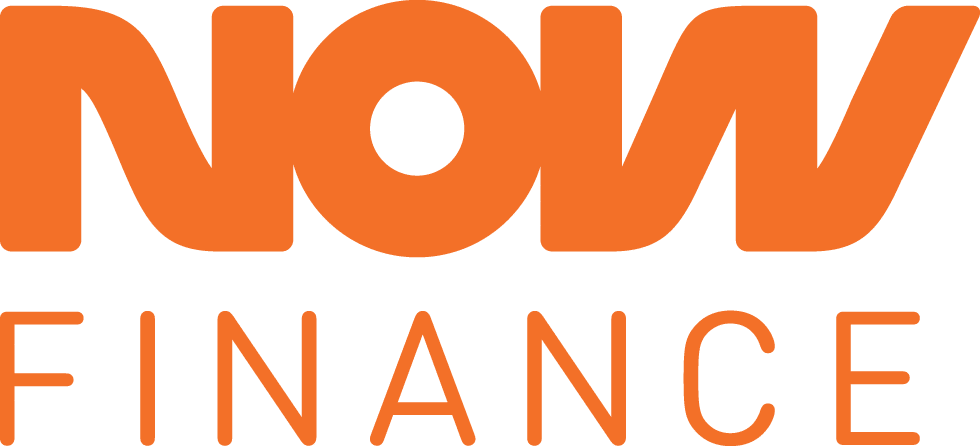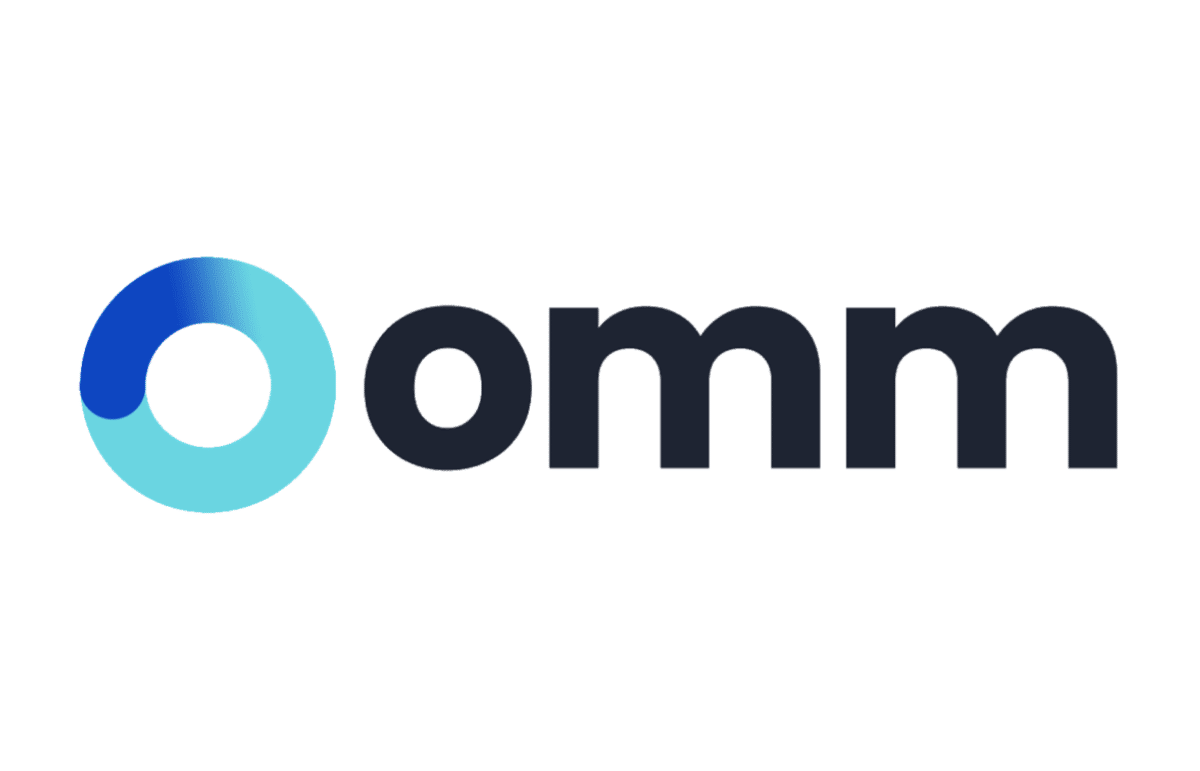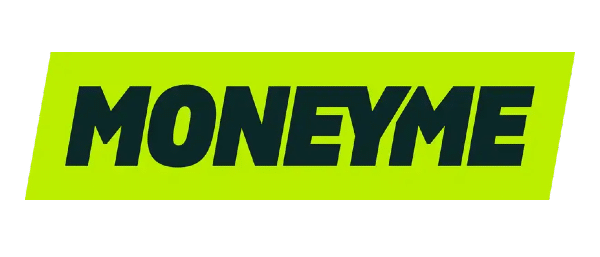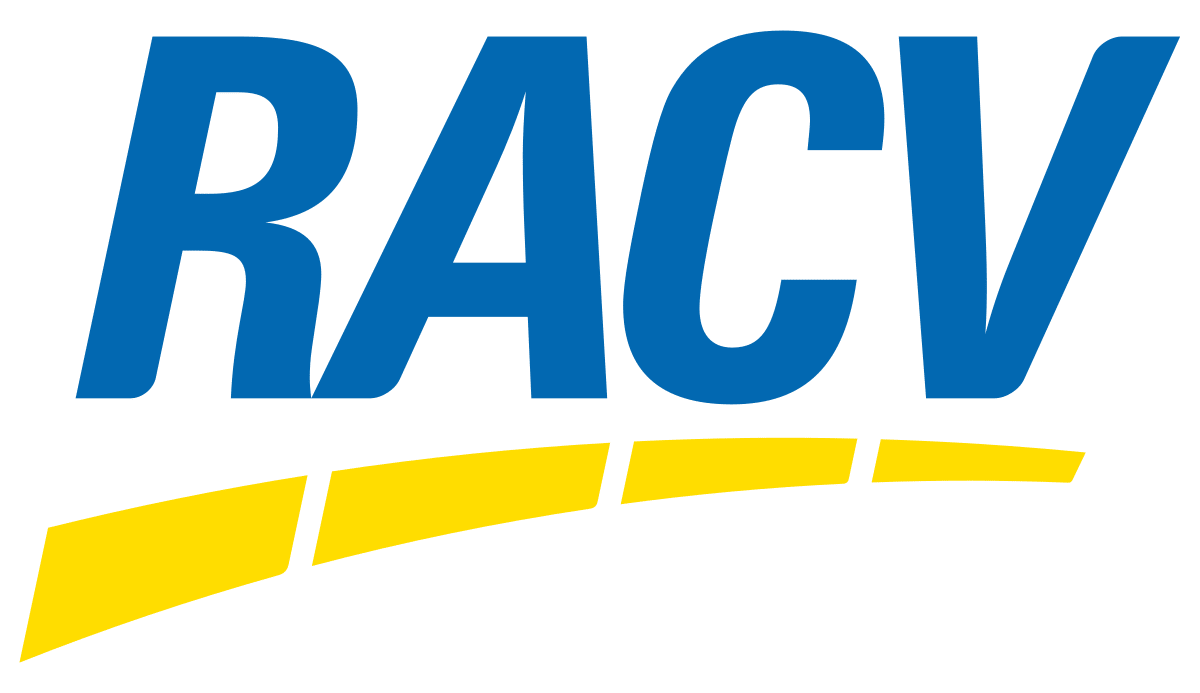If you’re looking to buy a new or used car, you might be on the hunt for a loan to help you complete the purchase. This means you’ll either be looking at a car loan or a personal loan. Both of these products can help you buy a car loan but they aren’t the same thing. There are several key differences between the two that are crucial to understand before you start the application process.
What are the differences between car loans and personal loans?
Here’s a list of the key differences that set car loans and personal loans apart:
- Loan security: while car loans are secured by nature, with the car you’re buying being used as collateral for the loan, personal loans can either be secured or unsecured.
- Amount you can borrow: you can borrow up to 100% of your vehicle’s value with a car loan, with certain on-road costs able to be included with some lenders. Personal loans are capped at $50,000 to $75,000 for unsecured and as much as $100,000 for secured.
- Loan usage: car loans are narrow in their usage. You can only take one out to buy a car. Personal loans, on the other hand, can be used for just about anything you like. You could take one out to buy a car and consolidate your credit card debt, for example.
- Interest rates: secured loans have lower interest rates than unsecured loans in general. This means that, in most cases, a car loan will come with lower interest than a personal loan.
- Early repayments: most car loans will come with early termination fees if you decide to pay them out early. This usually isn’t the case for personal loans, though some secured options may come with such fees.
The pros and cons of car loans
Pros
-
Lower interest rates and fees
In almost every situation, you’ll pay less for a car loan than you would with a personal loan for your car.
-
Higher potential maximum loan amount
There are car loan providers who don’t have a set maximum loan amount, giving you more freedom to borrow what you need.
-
Usually fixed interest rates
With your car loan rate fixed from the outset, you can be confident in knowing how much you’re paying each week so you can budget ahead.
-
On-road costs in your loan
You may be able to include expenses like insurance, registration, duty and servicing in your loan amount, not just the car itself.
Cons
-
Not all cars will qualify for a loan
Lenders will have criteria that your car must meet to qualify for a loan. This may mean an age limit of between ten and 20 years, for example.
-
Funds can only be used towards a car or approved car-related costs
There’s no scope for you to include other costs in your car loan. Your finance deal is for your car and that’s it.
-
If you default, you could lose your car
Defaulting on your loan could mean your car is repossessed by your lender. This is only a worst-case scenario, though.
The pros and cons of personal loans
Pros
-
Use your loan however you like, not just to buy your car
Personal loans are very flexible in how they can be used, so you can buy your car and bundle in other bills as well.
-
Are often faster to process, approve and fund
Without the need to assess an asset, personal loans can be turned around much faster than some car loans, as soon as the same day in some cases.
-
No need to put up an asset as collateral
Because there are no security requirements, you won’t be at risk of car repossession and will be able to buy any car you like.
-
Free early repayments can help you save
With the ability to make free early repayments, you could potentially save hundreds over the life of your loan (if not more).
Cons
- Higher interest and fees in most cases
The main drawback of these loans is that you’ll be paying more overall in fees and interest compared to a standard car loan.
-
Lower borrowing limits
You may not be able to borrow the full purchase price of the car if it’s above your personal loan provider’s maximum limit.
-
May be harder to get approved if your credit isn’t the best
If you have bad credit, not having any security to fall back on could make it harder to be approved for the car finance you need.
Car loan vs personal loan cost
As we’ve mentioned above, car loans have lower interest rates than unsecured personal loans. As a result, you’re likely to find that, out of a car loan and personal loan of the same size, the car loan is cheaper. Here are some examples of what each of these loans might look like:
| Type of loan | Loan amount | Loan term | Interest rate | Monthly repayment | Overall cost |
|---|---|---|---|---|---|
| Car loan | $25,000 | Five years | 6.50% p.a. | $490 | $4,350 |
| Personal loan | $25,000 | Five years | 8.25% p.a. | $510 | $5,595 |
| Car loan | $50,000 | Five years | 6.50% p.a. | $979 | $8,699 |
| Personal loan | $50,000 | Five years | 8.25% p.a. | $1,020 | $11,189 |
Interest rates are for example purposes only and do not reflect the rate you will receive on your car or personal loan.
If I’m buying a car, which is better: a personal loan or a car loan?
The best loan for your needs will depend on your circumstances. However, in almost all cases, you’re better off applying for a car loan than a personal loan if you’re looking to finance a vehicle. The two main reasons for this are the lower interest rates and fees and higher borrowing limits that a car loan offers compared to a personal loan.
Ultimately, the difference between a car loan and a personal loan for you could be worth over $1,000 and, if your car is on the higher end of the price scale, thousands of dollars as an upfront deposit. If you have the choice between the two, it’s common sense to go with the car loan.
If you’re unsure about which loan option is best for you, you can reach out to us and speak to one of our friendly consultants today.
When would a personal loan be better than a car loan?
There are several situations where a personal loan would be more suitable for you than a car loan. These include:
- Your car is ineligible to be used as security: if your car falls outside your lender’s requirements for age or condition, they won’t approve a car loan. A personal loan allows you to complete the purchase.
- You want to use your loan for multiple purposes: debt consolidation is one of the most common uses for personal loans. Taking one out for your car allows you to kill two (or more) birds with one stone.
- You want to make modifications to the car: when your car’s locked in as collateral for a loan, you don’t have complete control over what you can do with it. A personal loan allows you to finance the car and not worry about getting in trouble if you try to soup it up.












